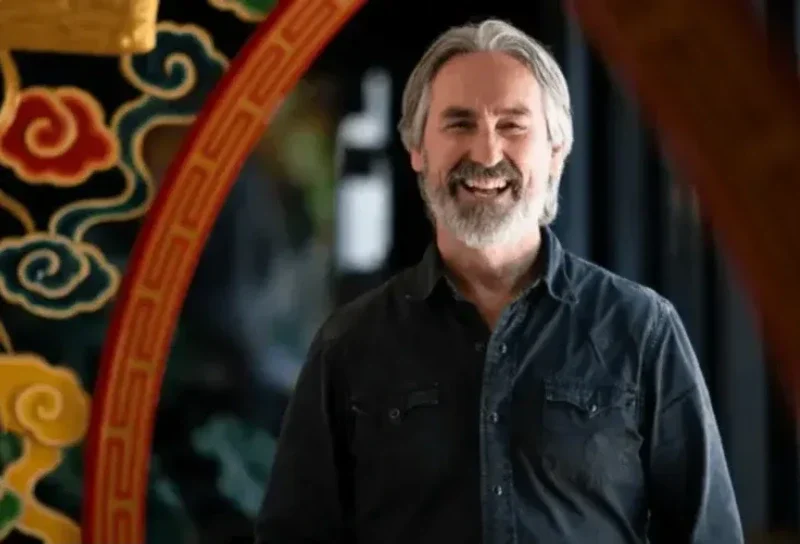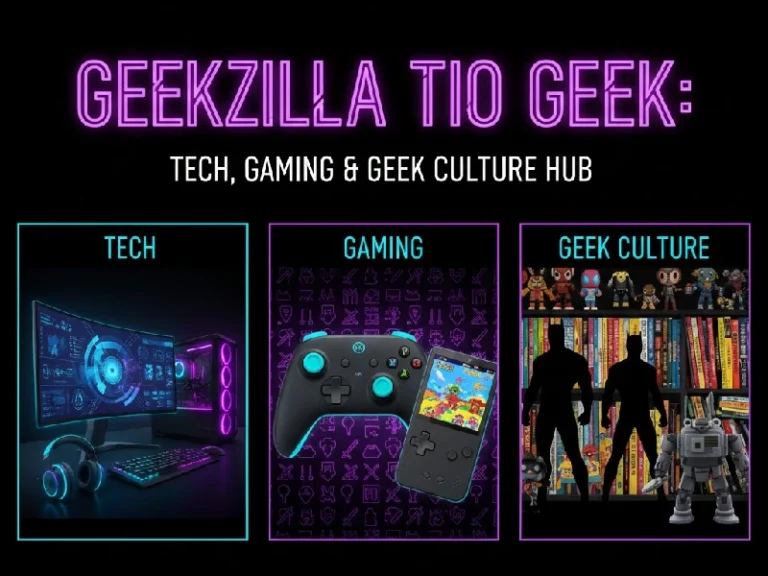
When you hear the name Mike Wolfe, you likely picture dusty barns, vintage motorcycles, and the hit show American Pickers. But his real passion project is far more expansive: a mission to restore forgotten buildings, revive small-town Americana, and champion the craftsmanship of bygone eras. In this article, let’s unpack how Wolfe’s vision evolved, what it involves, why it matters, and how you can be part of it.
Who is Mike Wolfe, and how did this passion project begin?
From childhood collector to TV host
Wolfe grew up in Iowa, spending his youth digging through flea markets and junk piles, drawn to the stories behind old objects. His early fascination with vintage bikes, signage, and Americana laid the groundwork for his later work.
The launch of American Pickers and the public profile
When American Pickers launched, Wolfe became a recognizable figure in popular culture — the charismatic picker exploring barns and attics. But what many fans didn’t see was his deeper interest: not simply acquiring treasures, but preserving the heritage behind them.
Transition from picking items to preserving places
Over time, Mike’s focus shifted. He realized that objects tell stories, but the places those objects came from — the old buildings, Main Streets, industrial relics — have their own narratives at risk of being lost. And so his “passion project” quietly transformed: from picking antiques to restoring history.
What is the “passion project” in practice?
Historic building restoration: examples and scope
Wolfe isn’t just buying rare signs or motorcycles. He has invested in historic properties — for example, a 1940s auto dealership in Columbia, Tennessee, restored into a community hub. These projects respect original architecture and seek to preserve the character of the building, not simply flip it for profit.
Revitalizing small-town Main Streets
Much of his mission centers on smaller American towns — places where Main Street once bustled but grew quiet. By restoring buildings, inviting local artisans, and creating destinations, Wolfe is helping breathe new life into these communities. The result: renewed foot-traffic, revived pride, and economic momentum.
Supporting artisans, craftsmen, IP, and heritage goods
Another pillar of the project: the makers. Through his brand Two Lanes and his stores like Antique Archaeology – LeClaire, he spotlights small-batch leather goods, metalwork, restored motorcycles, and handcrafted pieces. It’s not just about nostalgia — it’s about valuing craftsmanship in an era of mass production.
Key components of Mike Wolfe’s mission
Storytelling through objects and architecture
Every object Wolfe restores has a story. But he sees buildings as amplifiers of story: the storefront where generations shopped, the warehouse that built machines, the gas station that welcomed travelers. He elevates the narrative by preserving both object and environment.
Sustainability and adaptive reuse rather than demolition
In Wolfe’s world, an old building isn’t just scrap waiting for replacement. It’s a resource — reuse reduces waste, preserves embodied energy, and retains regional character. The passion project emphasizes adaptive reuse: converting but honoring the original structure and materials.
Community engagement: locals, business, tourism
Wolfe’s work isn’t done in isolation. He involves the local community: business owners, historical societies, artisans, and even tourism boards. By restoring buildings into shops, studios, and communal spaces, the revived districts become vibrant again, not just museum pieces.
Notable projects and case studies
Columbia Motor Alley, Tennessee
In Columbia, Tennessee, Mike acquired a cluster of early-20th-century automotive-era buildings, redesigned into a multi-use space with vintage-style cafés, artisan workshops, and event venues. The project preserves original features (tin ceilings, beadboard walls) while making the space usable today. Hard
LeClaire, Iowa / Antique Archaeology
LeClaire is the original home of Antique Archaeology, and Wolfe has invested in the downtown historic block, restoring storefronts from the 1880s and reinforcing the town’s identity as a pilgrimage site for Americana enthusiasts.
Guesthouse / Two Lanes initiatives & motorcycle culture
Beyond bricks and mortar, Wolfe has launched hospitality initiatives (guesthouses) and his Two Lanes brand, merging motorcycle culture, road-trip ethos, and vintage aesthetics. His love of motorcycles (especially early Indians) features in his storytelling and restoration work too.
Why this matters — broader impact & value
Cultural heritage and identity
In salvaging objects and buildings, Wolfe helps communities reclaim a sense of identity and continuity. Architecture, signage, and old tools become anchors of memory, reminding people of craftsmanship, local stories, and the passage of time.
Economic uplift and local jobs
Restored historic districts attract visitors, create new storefronts for artisans, and stimulate local economies. When a vacant building becomes studios, shops, or café spaces, jobs follow and towns benefit.
Environmental benefits of reuse
Instead of demolition and new construction (which costs material, energy, and carbon), repurposing existing building stock is a sustainable choice. Wolfe’s approach aligns preservation with environmental stewardship. Light UE
Can you engage or replicate the vision
-
Visit restored heritage districts and support local artisan shops.
-
Buy hand-crafted goods rather than mass-produced items — you’re sustaining skill and tradition.
-
Volunteer or collaborate with local historical societies on building-preservation efforts.
-
Share stories: ask elders about objects, signs, buildings in your community. Preservation starts with memory.
-
If you’re in a small town with decline, consider adaptive reuse of old buildings: café + studio + vintage shop = community hub.
Frequently Asked Questions
Q1. What exactly is Mike Wolfe’s passion project?
A1. It’s his off-camera mission to restore historic buildings, revitalize forgotten towns, support artisans, and preserve Americana heritage — not just picking antiques.
Q2. Which places has he worked on?
A2. Notably, Columbia, Tennessee (Motor Alley), LeClaire, Iowa (Antique Archaeology flagship), various guest houses, and Two Lanes sites.
Q3. How is this different from his TV show?
A3. The TV show focuses on hunting antiques; the passion project extends intoplacemakingg architecture, community revitalization, and craftsmanship.
Q4. Can communities replicate his model?
A4. Yes. With vision, local engagement, and respect for history, small towns can adaptively reuse old buildings, offer artisan space, and attract visitors.
Q5. Why does this work matter beyond nostalgia?
A5. Because it preserves cultural memory, stimulates local economies, and advocates for sustainable reuse of buildings rather than wasteful replacement.
Conclusion
Mike Wolfe’s passion project is more than just collecting relics — it’s about restoring places, stories, and communities. By combining historic preservation, craftsmanship, sustainability, and local engagement, Wolfe shows that the past isn’t dust to discard — it’s a foundation to build from. Whether you’re a fan of antiques, small-town America, or meaningful restoration, there’s something to learn and support in his mission.
Take a moment: look around your own town, your own objects, your own stories. What could be renewed, restored, shared?


